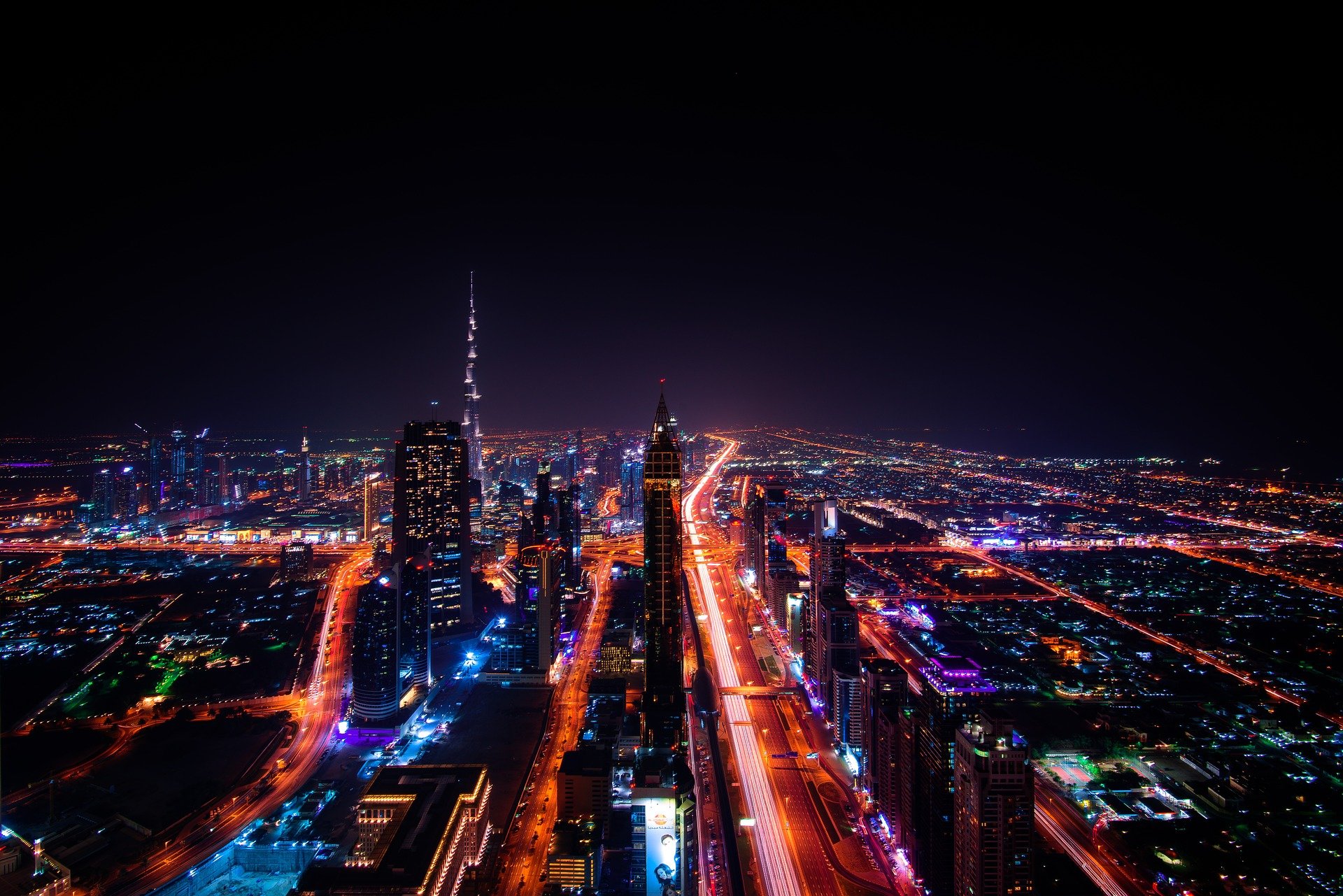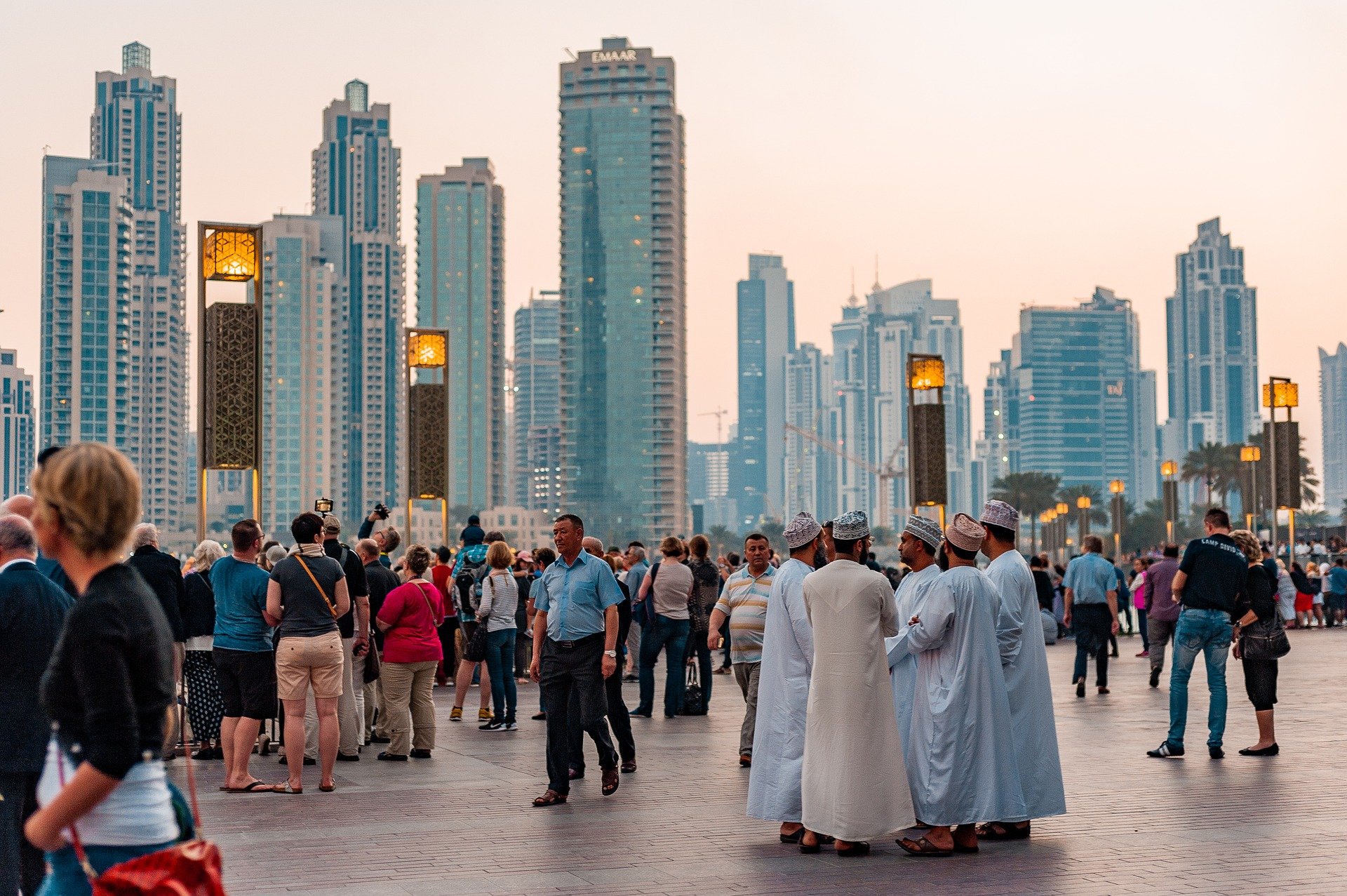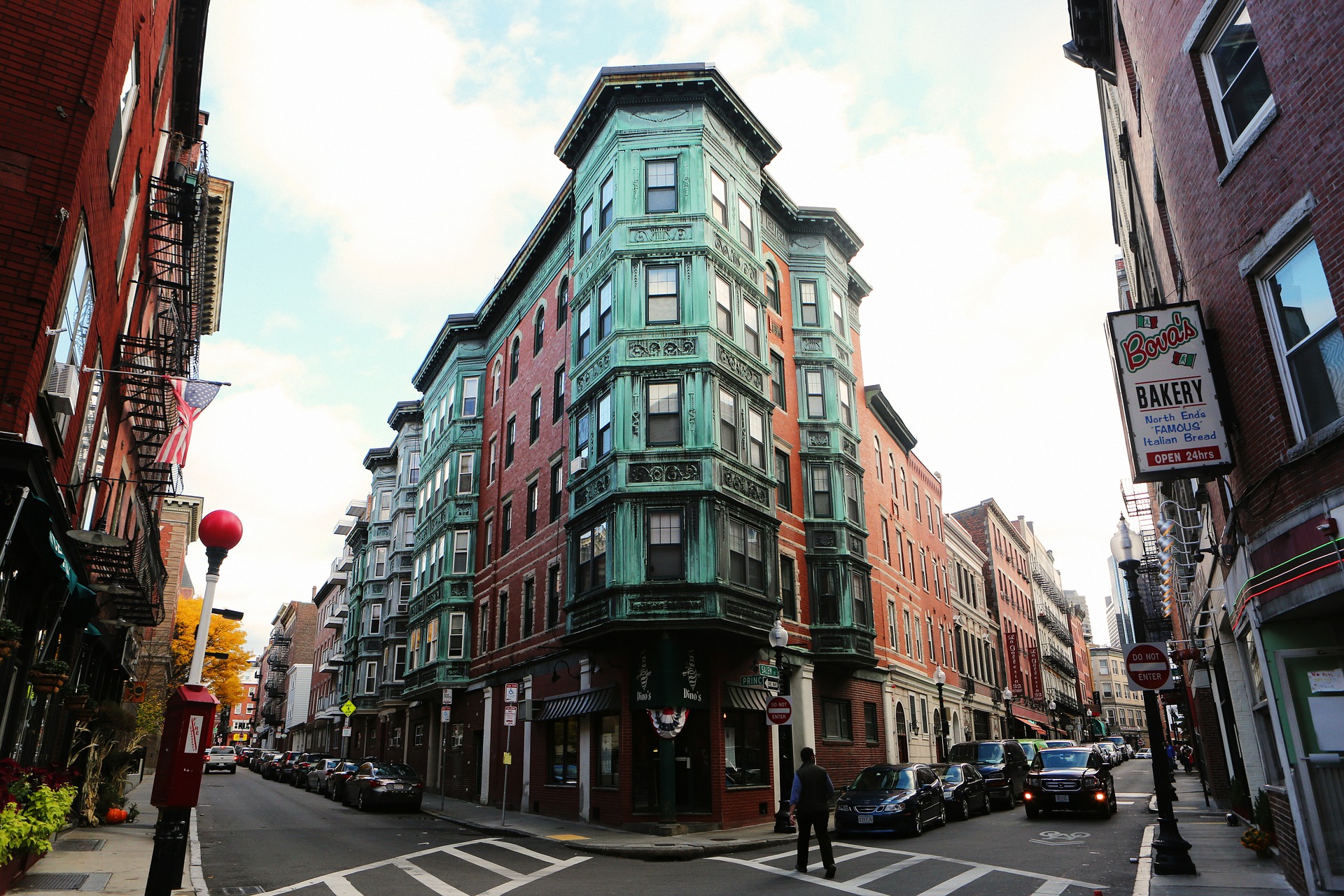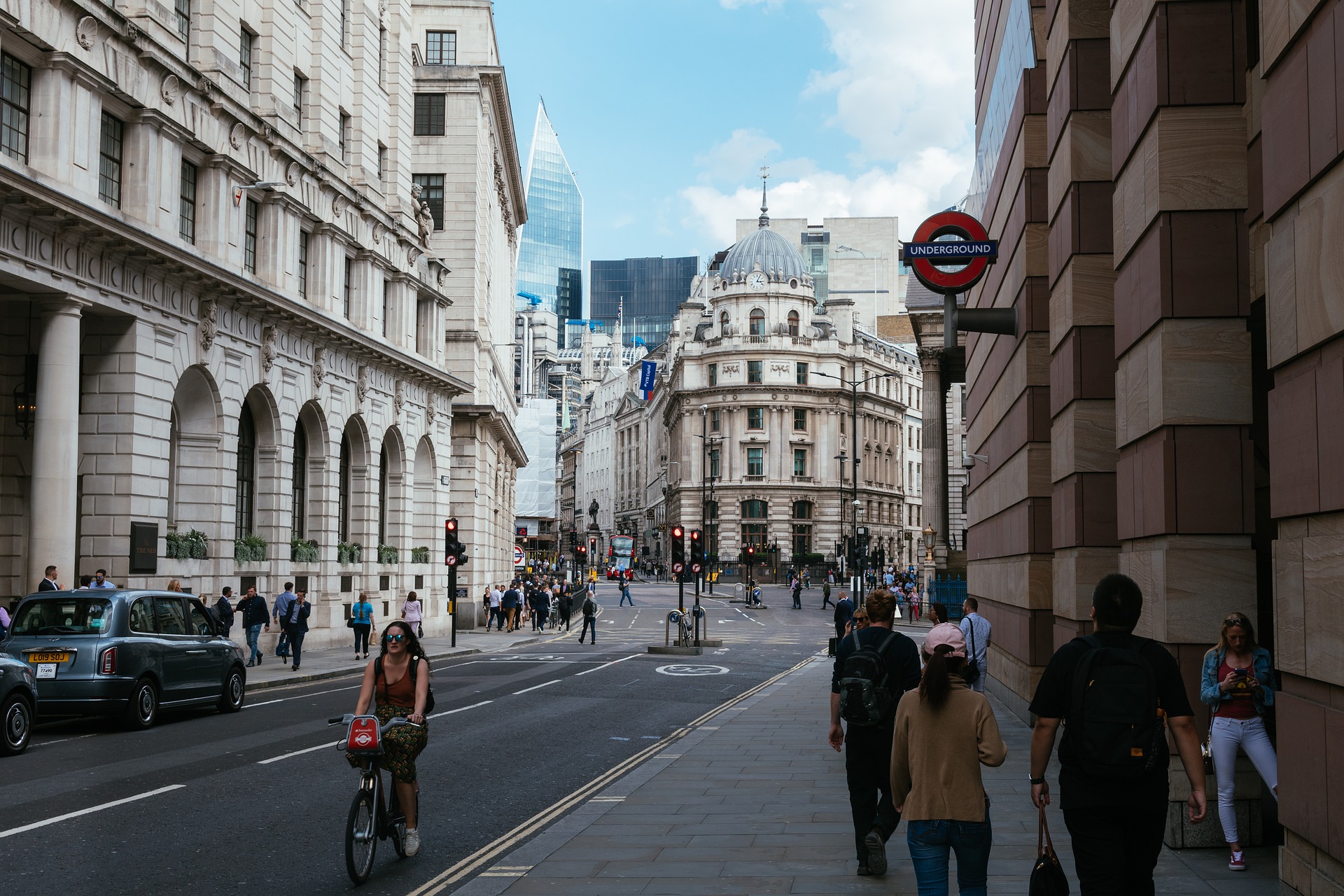About 56% of the world's inhabitants are urbanites. According to UN forecasts, the figure will reach 68% by 2050. Obviously, this will increase the load on infrastructure and services. Thus, cities have no choice but to become smart.

The main component of smart cities is IoT.
Smart is a city that uses technology to deliver better public services for the well-being of its citizens. A smart city has several components: technology-based infrastructure, environmental initiatives, convenient public transport, progressive urban planning.
A smart city knows how to competently use the Internet of Things (IoT), various software, user interfaces and communication networks. The first is the most important. The IoT is a network of connected devices that exchange data. It can include anything from cars to home appliances and street sensors. The data collected with their help is stored in the cloud or on servers. They are analyzed and used to predict and identify patterns. This allows you to create a system of smart parking, traffic management, energy saving, waste management. Cities around the world are adopting innovative technologies, becoming smart. At the same time, someone succeeds more.

Dubai plans to build a hyperloop to reach Abu Dhabi in 12 minutes.
To date, nearly 90 government services have been digitized and accessible through the DubaiNow app. The city government says the project will save AED 900 million ($ 245 million). The city has an artificial intelligence-based monitoring system for bus drivers. With its help, it was possible to significantly reduce the number of accidents caused by fatigue. There are also autonomous police stations where people can pay fines or report cases without contacting law enforcement. Dubai's ambitious plans include building the world's first hyperloop, which will cut the two-hour journey between Abu Dhabi and Dubai to 12 minutes.

Smart technology in Boston is based on getting feedback from residents.
Boston was among the first to experiment with smart initiatives. Its urban participatory concept uses software that allows citizens to provide parking information and report service problems. Users can report potholes or graffiti from anywhere in the city, or track the kids' school bus.

On the Talk London Platform, citizens discuss which innovations are worth implementing.
The city is recognized as a leader in mobilizing open data for public benefit. They help government agencies tackle complex urban issues such as poor air quality, housing crises and inequality. London platform Crowdfund allows everyone to propose and develop a project idea, and then attract resources for it. Startups are partnering with leading businesses and government agencies to develop innovative solutions to big problems: climate change, affordable housing, helping people with dementia, and overcoming isolation among vulnerable Londoners.
The Talk London Platform, an online community used by over 40,000 Londoners, helps test these ideas. And recently it became known that London Docklands railway stations will be equipped with IoT systems that will inform about the working condition of lifts and escalators.

The main component of smart cities is IoT.
Smart is a city that uses technology to deliver better public services for the well-being of its citizens. A smart city has several components: technology-based infrastructure, environmental initiatives, convenient public transport, progressive urban planning.
A smart city knows how to competently use the Internet of Things (IoT), various software, user interfaces and communication networks. The first is the most important. The IoT is a network of connected devices that exchange data. It can include anything from cars to home appliances and street sensors. The data collected with their help is stored in the cloud or on servers. They are analyzed and used to predict and identify patterns. This allows you to create a system of smart parking, traffic management, energy saving, waste management. Cities around the world are adopting innovative technologies, becoming smart. At the same time, someone succeeds more.
TOP 10 smart cities
1. Singapore
The city-state of Southeast Asia has the second largest population in the world. It was the first city to launch a driverless taxi system. The National Research Foundation is spearheading the development of Virtual Singapore, a dynamic 3D city model and collaborative data platform. For example, engineers analyze wind flow, sunlight penetration and shaded areas to better design and place new buildings. By 2022, the government plans to introduce smart, energy-efficient lighting for all public roads and install solar panels on the roofs of 6,000 buildings.2. Dubai

Dubai plans to build a hyperloop to reach Abu Dhabi in 12 minutes.
To date, nearly 90 government services have been digitized and accessible through the DubaiNow app. The city government says the project will save AED 900 million ($ 245 million). The city has an artificial intelligence-based monitoring system for bus drivers. With its help, it was possible to significantly reduce the number of accidents caused by fatigue. There are also autonomous police stations where people can pay fines or report cases without contacting law enforcement. Dubai's ambitious plans include building the world's first hyperloop, which will cut the two-hour journey between Abu Dhabi and Dubai to 12 minutes.
3. Oslo
The Norwegian capital is a constant headliner of the world's smartest city lists. Efforts to combat climate change are one of the main reasons for this. Norway has announced plans to build a sustainable smart city on an area of 260 hectares near Oslo airport. It provides for the use of only renewable energy and a single vehicle - an electric vehicle. Sensor-based systems will manage automatic street and house lighting as well as waste and safety.4. Copenhagen
The capital of Denmark is also the leader among countries that successfully reduce their negative impact on the environment. The Copenhagen Solutions Lab incubator received an award in 2017 for the development of mobility control, air quality, waste management, energy use. It integrates parking systems, traffic lights, buildings, smart meters and electric vehicle chargers to optimize energy consumption based on fuel prices, traffic activity and weather. An application developed on the basis of this data is used, for example, by cyclists (half of the city's residents ride a two-wheeled vehicle to work). It tells them how fast to pedal to catch the next green light.5. Boston

Smart technology in Boston is based on getting feedback from residents.
Boston was among the first to experiment with smart initiatives. Its urban participatory concept uses software that allows citizens to provide parking information and report service problems. Users can report potholes or graffiti from anywhere in the city, or track the kids' school bus.
6. Amsterdam
The Dutch city has embraced smart concepts and technologies with enthusiasm, creating an open source database with 12,000 datasets. A public-private project is introducing a demand-driven energy saving system in residential construction. The city also uses carbon dioxide to generate electricity. For pedestrians and cyclists, an application has been developed that makes it possible to increase the light during travel, which will subsequently dim.7. New York
The city has deployed hundreds of smart sensors and low-power broadband in several business districts. The collected data is necessary for waste management. Waste containers equipped with sensors inform disposal teams when they are full. In addition, the police department uses software from HunchLab, which uses crime stories, terrain models and other information to help prevent crime and crime.8. London

On the Talk London Platform, citizens discuss which innovations are worth implementing.
The city is recognized as a leader in mobilizing open data for public benefit. They help government agencies tackle complex urban issues such as poor air quality, housing crises and inequality. London platform Crowdfund allows everyone to propose and develop a project idea, and then attract resources for it. Startups are partnering with leading businesses and government agencies to develop innovative solutions to big problems: climate change, affordable housing, helping people with dementia, and overcoming isolation among vulnerable Londoners.
The Talk London Platform, an online community used by over 40,000 Londoners, helps test these ideas. And recently it became known that London Docklands railway stations will be equipped with IoT systems that will inform about the working condition of lifts and escalators.
